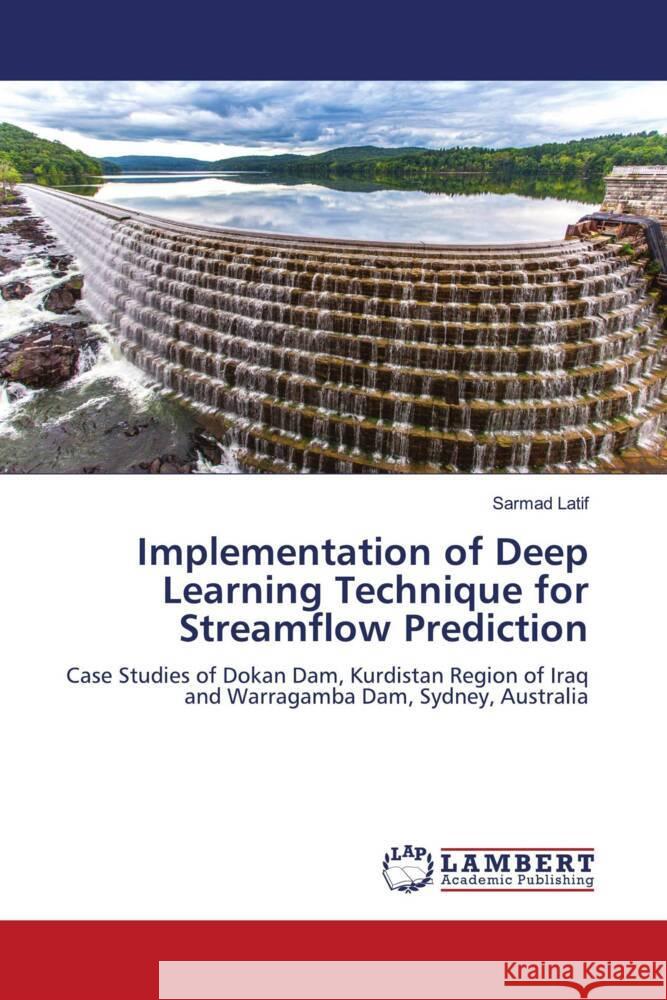Implementation of Deep Learning Technique for Streamflow Prediction » książka
Implementation of Deep Learning Technique for Streamflow Prediction
ISBN-13: 9786206844822 / Angielski / Miękka / 188 str.
The control and management of water resources is greatly aided by dams and reservoirs, which have benefited human societies in many ways. These benefits include enhanced human health, increased food production, access to clean water for domestic and industrial use, economic growth, irrigation, the production of hydropower, and flood control. An important non-engineering step to verify flood-control measures and improve water supply efficiency is accurate inflow forecasting. Furthermore, as inflow is the primary input into reservoirs, precise inflow prediction can provide recommendations for reservoir development and management. The purpose of this study is to compare how deep learning algorithms and traditional machine learning algorithms are used to reservoir inflow prediction. LSTM, as an effective deep learning model, outperformed other conventional machine learning models in forecasting reservoir inflow. The findings of the current study could be in direct interest for global water organizations, public and private water sectors around the world.











